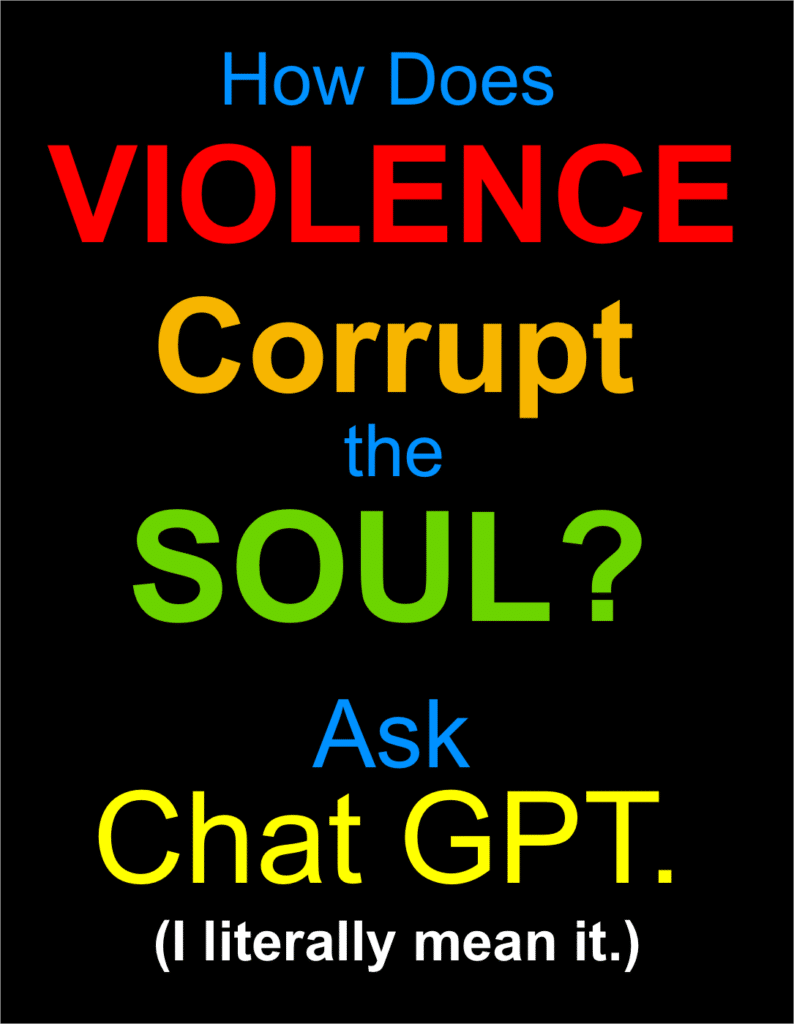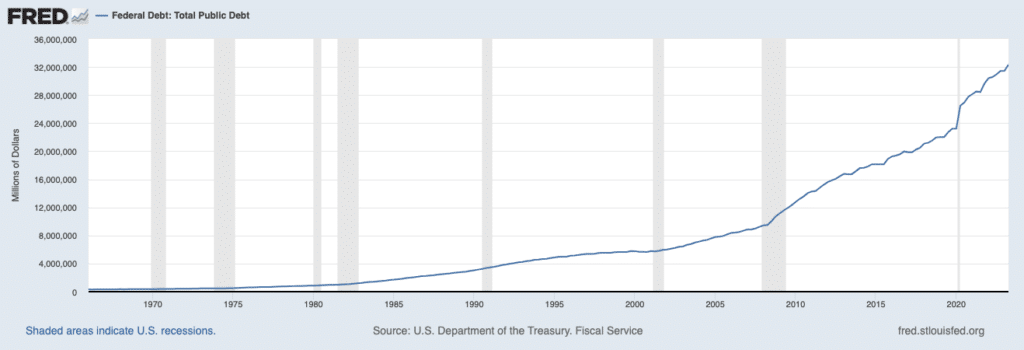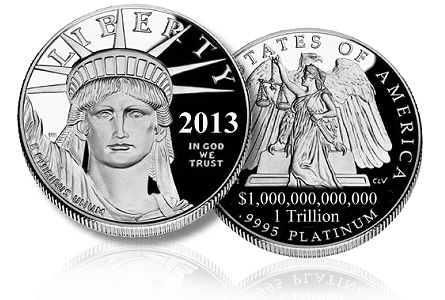See how AI’s answers put our human leaders to shame: “How Does Violence Corrupt the Soul?”
- (Inspired by Ta-Nehisi Coats’s interview.)

>> How does violence corrupt the soul?
Chat GPT answer:
1) Desensitization:
Experiencing or perpetrating violence can desensitize individuals to the suffering of others. Over time, this desensitization can lead to a diminished capacity for empathy and an increased tolerance for cruelty.
2) Cycle of Violence:
Perpetrators of violence often become trapped in a cycle of aggression and retaliation, leading to a mindset that justifies further violence as a means of resolving conflicts. This cycle can perpetuate a distorted worldview that sees violence as a necessary and acceptable means of achieving goals or resolving disputes.
3) Guilt and Shame:
Individuals who have committed acts of violence may experience overwhelming feelings of guilt and shame, which can lead to a sense of self-loathing and a loss of self-worth. This can further perpetuate a cycle of violence as a way to cope with these negative emotions.
4) Loss of Trust and Connection:
Engaging in violent behavior can lead to the breakdown of trust and relationships with others. This isolation can deepen the sense of alienation and contribute to a lack of meaningful connections with others, exacerbating the feeling of spiritual corruption.
5) Distorted Moral Compass:
Violence can distort an individual’s moral compass, leading them to justify or rationalize harmful behavior. This can lead to a loss of integrity and moral values, causing individuals to prioritize personal gain and power over the well-being of others.
6) Trauma and Psychological Impact:
Victims of violence can suffer from long-lasting psychological trauma, which can lead to feelings of helplessness, fear, and distrust. This can result in a distorted worldview, where the individual may perceive the world as inherently hostile and unsafe, leading to further emotional and psychological distress.
Overall, the experience and perpetration of violence can have devastating consequences for the individual’s spiritual and psychological well-being, causing them to become detached from their sense of humanity and moral principles. It is important to address and prevent violence in all its forms to safeguard the well-being of individuals and communities.

